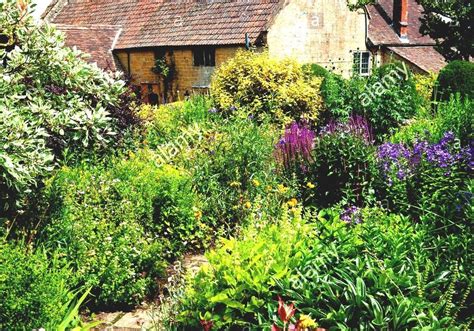A Quote by Marcus Tullius Cicero
I look upon the pleasure which we take in a garden as one of the most innocent delights in human life. . . It gives us a great insight into the contrivance and wisdom of Nature, and suggests innumerable subjects for meditation.
Related Quotes
Let me define a garden as the meeting of raw nature and the human imagination in which both seek the fulfillment of their beauty. Every sign indicates that nature wants us and wishes for collaboration with us, just as we long for nature to be fulfilled in us. If our original state was to live in a garden, as Adam and Eve did, then a garden signals our absolute origins as well as our condition of eternity, while life outside the garden is time and temporality.
What meaning has such meditation? There is no meaning; there is no utility. But in that meditation there is a movement of great ecstasy which is not to be confounded with pleasure. It is this ecstasy which gives to the eye, to the brain and to the heart, the quality of innocency. Without seeing life as something totally new, it is a routine, a boredom, a meaningless affair. So meditation is of the greatest importance. It opens the door to the incalculable, to the measureless.
When you have learned, through discipline, to simplify your life, and so practiced the mindfulness of meditation, and through it loosened the hold of aggression, clinging, and negativity on your whole being, the wisdom of insight can slowly dawn. And in the all-revealing clarity of its sunlight, this insight can show you, distinctly and directly, both the subtlest workings of your own mind and the nature of reality.
The garden reconciles human art and wild nature, hard work and deep pleasure, spiritual practice and the material world. It is a magical place because it is not divided. The many divisions and polarizations that terrorize a disenchanted world find peaceful accord among mossy rock walls, rough stone paths, and trimmed bushes. Maybe a garden sometimes seems fragile, for all its earth and labor, because it achieves such an extraordinary delicate balance of nature and human life, naturalness and artificiality. It has its own liminality, its point of balance between great extremes.
As the Deity has given us Greeks all other blessings in moderation, so our moderation gives us a kind of wisdom which is timid, in all likelihood, and fit for common people, not one which is kingly and splendid. This wisdom, such as it is, observing that human life is ever subject to all sorts of vicissitudes, forbids us to be puffed up by the good things we have, or to admire a man's felicity while there is still time for it to change.
This is what our yoga practice is trying to accomplish. Not white light descending from heaven and engulfing you, not energy released from the base of your spine going up through your crown chakra so you become a human lightening bolt, not a halo floating on top of your head. Simply heightened states of awareness, enlightenment, becoming more and more aware which gives more and more insight, which brings wisdom and gives choice. With that wisdom and choice, we become the masters of our destiny and at peace in our life.
One of the most delightful things about gardening is the freemasonry it gives with other gardeners, and the interest and pleasure all gardeners get by visiting other people's gardens. We all have a lot to learn and in every new garden there is a chance of finding inspiration - new flowers, different arrangement or fresh treatment for old subjects. Even if it is a garden you know by heart there are twelve months in the year and every month means a different garden, and the discovery of things unexpected all the rest of the year.
Obviously a garden is not the wilderness but an assembly of shapes, most of them living, that owes some share of its composition, it’s appearance, to human design and effort, human conventions and convenience, and the human pursuit of that elusive, indefinable harmony that we call beauty. It has a life of its own, an intricate, willful, secret life, as any gardener knows. It is only the humans in it who think of it as a garden. But a garden is a relationship, which is one of the countless reasons why it is never finished.










































